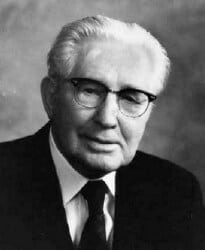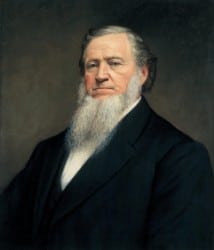
LDS Quotes on Repentance



“Elder Neal A. Maxwell suggests that the prime reason the Savior personally acts as the gatekeeper of the celestial kingdom is not to exclude people, but to personally welcome and embrace those who have made it back home.”
| The Infinite Atonement

My promise to you is one that a member of the Quorum of the Twelve Apostles once made to me. I had said to him that because of choices some in our extended family had made, I doubted that we could be together in the world to come. He said, as well as I can remember, “You are worrying about the wrong problem. You just live worthy of the celestial kingdom, and the family arrangements will be more wonderful than you can imagine.”
| A Home Where the Spirit of the Lord Dwells

“Don’t insist on remembering things the Lord is willing to forget.”

“No amount of falls will really undo us if we keep on picking ourselves up each time. We shall of course be very muddy and tattered children by the time we reach home. But the bathrooms are all ready, the towels put out, the clean clothes in the airing cupboard. The only fatal thing is to lose one’s temper and give up.”

“Each of us is more than the worst thing we’ve ever done.”
| Just Mercy: A Story of Justice and Redemption

“When we pray, we are not conveying any information to God that he does not already have. Nor, when we confess our sins before him, is it news to him that we have misbehaved. More than we realize, being honest with God in our prayers helps us to be more honest with ourselves.”

“When we’re tempted to give up, we must remember God is long-suffering, change is a process, and repentance is a pattern in our lives.”
| The Continuous Atonement

“Do not throw away a man or a woman, old or young. If they commit an evil today and another tomorrow, but wish to be Saints and to be forgiven, do you forgive them, not only seven times, but seventy times seven in a day, if their hearts are fully set to do right. Let us make it a point to pass over their weaknesses and say, “God bless you in trying to be better in time to come,” and act as wise stewards in the kingdom of God.”
| Journal of Discourses, 8:368